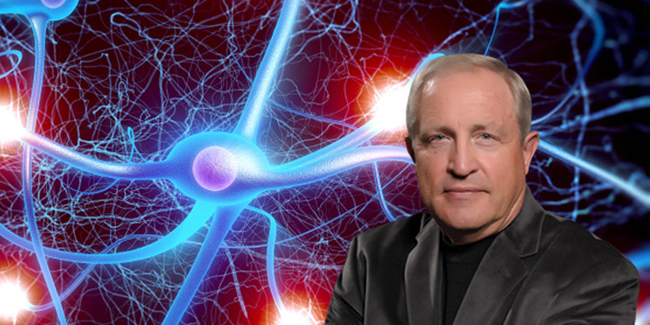 Can brain mapping ever become a replacement for judgement while analyzing the needs, likes or dislikes of a human being?
Can brain mapping ever become a replacement for judgement while analyzing the needs, likes or dislikes of a human being?
I don’t believe that brain mapping will become a replacement. It is more like a tool to help in analysis. However, marketers can use the brain maps to understand various activities going on in the specific areas of the brain to understand likes or dislikes patterns.
If we someday completely get to know how or what neurological combinations make humans behave in a certain way, we may alter those combinations. How distant does it sound?
This does not sound distant at all. We are doing it now. My colleagues Rob Williams, Dr. Bruce Lipton, well-known author of The Biology of Belief and I have put together a program for working with leaders and balancing subconscious belief patterns with the principles of nature to achieve sustainable success. Some of our research in the past two years has involved subconscious belief patterns. Changing subconscious beliefs will alter behaviour.
What have been your most surprising experiences with brain mapping?
The process of brain mapping never ceases to amaze me even after doing it for over 15 years. I have worked with children having trouble in school, with adolescents that were able to turn their life around due to brain training. I have seen amazing things happen with adults, leaders and non-leaders alike. We have only scratched the surface as far as brain mapping, brain tuning and achieving higher levels of consciousness.
 This is the gold standard
This is the gold standard
What is the authenticity of various brain mapping technologies like FMRI, EEG or EP etcetera?
While technology may generate valid brain maps, can these maps be interpreted correctly?
The best neuroimaging practitioners go to great lengths to tightly control their experiments and analysis procedures, giving the best possible chance of correct interpretation. There are strengths and weaknesses associated with each type of neuroimaging, and a thorough understanding of these traits is necessary for optimal interpretive ability. Therefore, it is critical to employ highly trained individuals in the task.
 Privacy may be compromised!
Privacy may be compromised!
Can neuromarketing work?
Such scientific methods can give a good forensic insight and to an extent cut out the ‘human’ biases. The subconscious mind stores everything that one sees, hears, feels, and any other information that he or she comes across. Neuro-marketing tests, measures and analyzes these intents and desires. It is a great way to understand how consumers make decisions and what draws them to make those decisions. However, technology itself is not entirely reliable. So am not sure how accurate the results would be, apart from giving broad level views on consumer preferences.
What about intrusions into an individual’s privacy? Is that worrisome?
Definitely yes. Technology is power and power lends itself to an amazing level of corruption. Using such methods somewhere has an effect on the individuals, that they do not know about. Neuro-marketing brain-scans an individual, and manipulates subconscious motives. Also, confidential information is extremely private and such information would not be preferred to be shared by the individual himself. Therefore, it is equivalent to going against the individual’s will. Moreover, advertising is already considered to be a form of manipulation. Neuro-marketing definitely pushes this thought to a new level of debates and criticism.
Do you think neuromarketing can replace human judgment?
No, I don’t think so. Besides the massive costs, neuromarketing cannot be afforded by all brands or by any brand at all times.
























